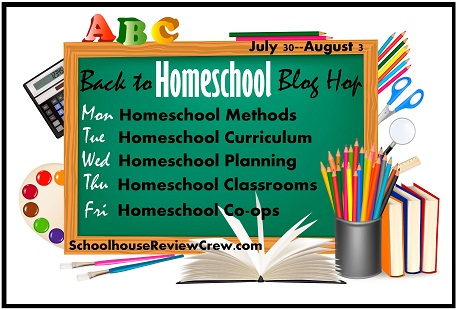 You know what really motivates me to plan for the upcoming year? Panic.
You know what really motivates me to plan for the upcoming year? Panic.
I looked up and there was our co-op starting date staring me down.
I had been thinking we would start school after Labor Day because, you know, I wasn’t really in the mood to do school yet. Then I realized our
co-op begins August 17th, which means we need to start getting into our routine Monday, August 13th.
Ouch.
We’re not even done with potty training yet. Poop and school really do not mix, so I need to do something about that as well.
Anyway, back to planning. That’s what I’ve been doing for about ten hours today (I had a babysitter). My brain hurts. I’m still not done.
There are about a million ways to plan a homeschool year, and all kinds of lists and schedules I make, but I wanted to share my three favorite tools. They are simple and they’re what made last two years run much better than the first two for us.
Planning Tool #1 – Checklists (these might get tweaked as the year goes on)
My son (8) and daughter (6) had a checklist for their language arts stuff last year. This saved my sanity.
My son figured out that if, instead of whining and complaining, he would just do the work and check it off the list he’d get to escape the dungeon (schoolroom) that much sooner.
The checklist works so well, in fact, that I decided to make another one. We do Bible and math downstairs, then take a walk, then go upstairs for language arts, so I made a
checklist for each.
Here they are. Feel free to use them if you would like. I left them in Word so you can modify as needed.
Checklist: 1st Grader (mostly math)
Checklist: 3rd Grader (mostly math)
Checklist: 1st Grader (mostly Language Arts)
Checklist: 3rd Grader (mostly Language Arts)
Just for fun: checklist for my 3 year old. (He’ll turn 3 on August 17th.) Mostly so he doesn’t feel ignored.
Planning Tool #2 – Weekly Lesson Plan (these will hopefully not change too much as the year goes on)
I printed off 40 of these babies, punched holes in them and put them in my pretty little 3 ring binder. Then I sat there for about 3 hours today willing myself to keep going and fill them out.
Last year I kept about a month at a time of these lesson plans on the fridge in those big magnetic clips. It really helped me look at the whole week at a glance and know what was coming up.
Here’s the other great thing—they kept me on track. I knew that if I didn’t do that week’s spelling lesson, I’d have to rearrange something later on to adjust for that and it was less work to just suck it up and do the spelling lesson already.
I also like having a “plan” column and an “actual” column, because learning opportunities come up that I wasn’t planning on, and I can write them down.
{Oh, VERY important! I have “catch-up” weeks designated throughout the year. If we’re actually on track, then it’s a fun week of going to the library or whatever. If we’re behind, it gives a chance to catch up. Otherwise, this planning the whole year out would be a nightmare, because you’re always going to get behind. So I have about 6 catch-up weeks that coincide with fall/spring break, a couple extra in December/January, and a few at the end. I don’t get stressed out if we’re a bit behind because I know I’ve got some catch-up time planned.}
Here’s my version of a weekly lesson plan. Feel free to use this if it’s helpful.
Planning Tool #3 – Lists
I still like plain old lists for planning. We won’t follow these reading lists exactly, but they give me a place to start. I made the lists based on a combination of Sonlight, Ambleside, Honey for a Child’s Heart, and what I thought my children would enjoy. I also tried to have a good mix of boy and girl books.
Reading List – Chapter Books (Mostly I read, they might help a bit.)
ReadingPlan_Independent – (My 3rd grader will do (theoretically) during Rest Time.)
There you go! I’m all planned out. Hopefully those are helpful. Oh, and if this is your first year, just remember that things will rarely (and possibly never) go according to your plan. But that’s okay. It’s still good to have a place to start, remembering that we may plan our way, but God directs our steps.
Feel free to comment if you have any questions about any of that. IEW means Institute for Excellence in Writing, HWT means Handwriting without Tears, CC means Classical Conversations and I don’t know if I used any other confusing acronyms. Comment or email me with any questions!
I got the idea to do this because the Schoolhouse Review Crew is doing a “blog hop” this week. I’m NOT one of their official “crew” but I thought the topics they were writing about sounded fun.
If you want to read more about planning, start at Sam’s Noggin or Christine’s blog, then click on any of the links at the bottom, in the “linked up” area.


I love your weekly work plan.